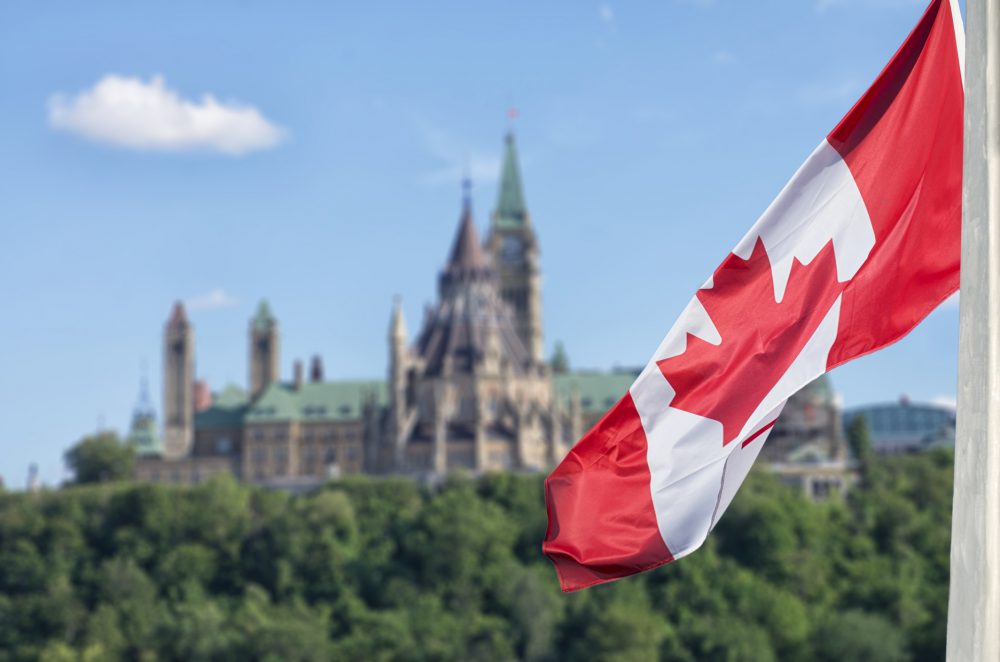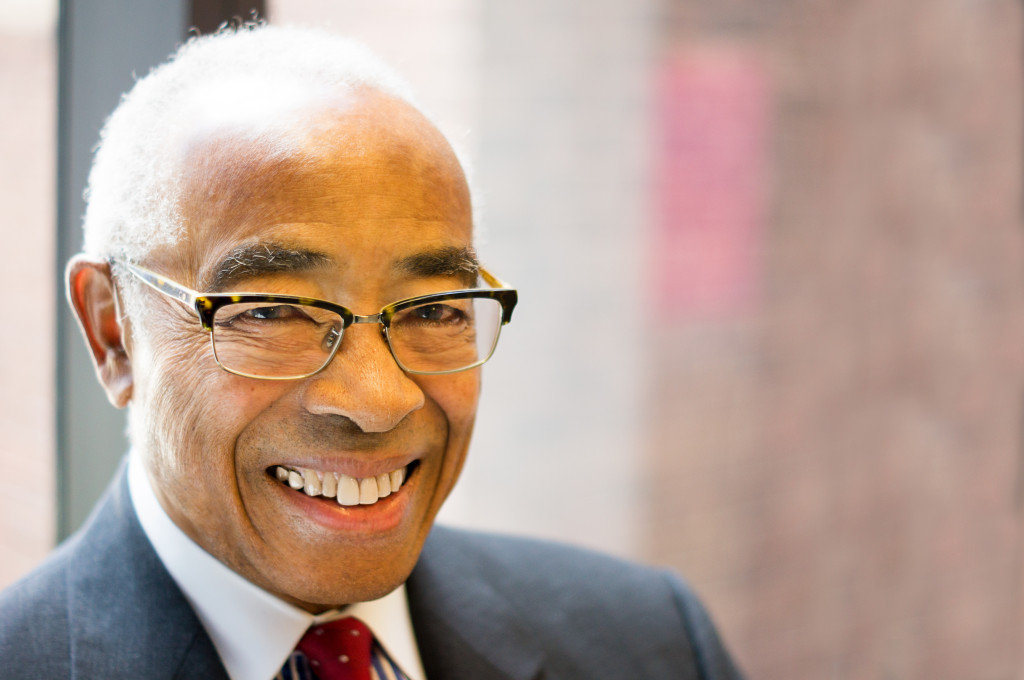As I write this article, my home Province of British Columbia is holding a referendum to decide if we should change our voting system from that of first past the post to one of three options for proportional representation. There are considerable merits and pitfalls to both systems. Under our current system of first past the post, we have one vote, and whichever one of our local candidates gets the most votes wins and becomes our representative. Under proportional representation, there are usually larger constituencies, but the overall popular vote is better reflected in our legislature because additional seats are awarded to parties based on the popular vote.
The main argument for proportional representation is that of a more representative democracy, in which our elected officials would be forced to work together to reach compromises, providing fairer and balanced policy outcomes-a highly desirable outcome. However, proportional representation often makes it easier for radical and dangerous politicians to enter positions of power, as seen in Israel, Germany, and Sweden. The main argument for first past the post is that it provides greater government stability, better local representation, and more evident election results, though that final point is not always born out as shown by the last British Columbia election and the 2016 U.S. Presidential election.
In this referendum, I was slightly undecided, but ultimately cast my vote to be in favor of the current system. My decision was mainly based on how the referendum is being conducted, including issues of low turnout, a lack of information, and many details of a change to proportional representation being undecided until after the election, with politicians, not citizens, holding power to choose critical features of a new system. While the side in favor of a change in British Columbia’s voting system has promised a second referendum after two elections to see if we want to go back to the old voting system, that promise is non-binding, and the politicians who benefit from the new system would likely be highly resistant to holding another referendum.
This is not to say that the current system does not have significant flaws-it does. First past the post often delivers false majorities, and on occasion, the ultimate power to those who lost the popular vote. Despite these flaws, it is simple and straightforward. The flaws in both systems have made me ponder what type of voting system would best serve Canadians. While a more representative democracy is desirable, Canada is the world’s second largest land mass, with a population that is less than California’s.
These demographics mean that local representation should be a top priority, especially in our Northern and Rural communities, including places like here in Wolfville, where services and representation are often harder to receive. Moving forward, the best system would be a hybrid. The new system would need to keep similar local constituencies, but instead of first past the post, Canadians would use a ranked ballot to pick their local representatives. This would mean that a Member of Parliament would have the endorsement of the majority of their constituency, increasing the legitimacy in which they represent their community. To provide a better representation of political views that Canadians desire every voter would have another section on their ballot.
This section would be a regional proportional list. On this section of the ballot you would vote for a party. After you voted for that party, you would additionally pick a candidate on that party’s candidate list to be your top choice as the person elected under proportional representation. To receive proportional seats, the party would have to reach a ten percent threshold in the popular vote. This system would guarantee the local accountability of politicians, and deny extremists the undue power they often receive under proportional representation while still moving towards a more diverse and reflective parliament.
Canada deserves a system that provides a more reflective democracy, while also protecting local representation. Canadians also deserve that any changes be put to them in a referendum, that offers a clear choice. British Columbians, including myself, had hoped to have that option. Instead, we are being forced to participate in a political game.
Jonah Van Driesum is a third year Politics student and the Vice-President programming of the Acadia Politics Students’ Association





